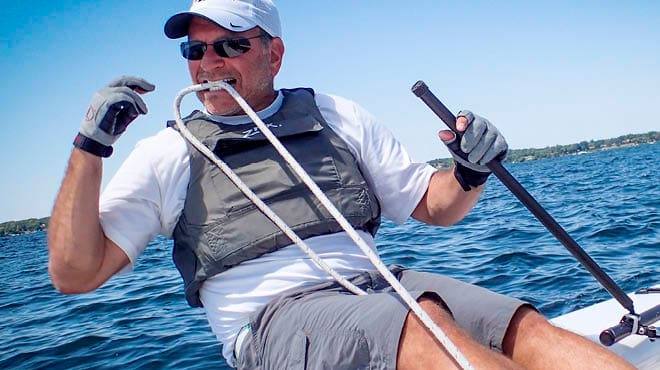Cardiology Patient Stories

November 12, 2023
In Steve Bernstein, M.D.'s neighborhood, Halloween is a fun time for children and families. Dressed in their costumes, they visit neighbors' homes; the chorus of[...]

January 2, 2015

November 5, 2014

June 11, 2014

April 2, 2014

December 3, 2013

September 5, 2013

September 1, 2013

June 13, 2013

May 13, 2013
Explore more topics
 Sign up
Sign up

Mayo Clinic Connect
An online patient support community
